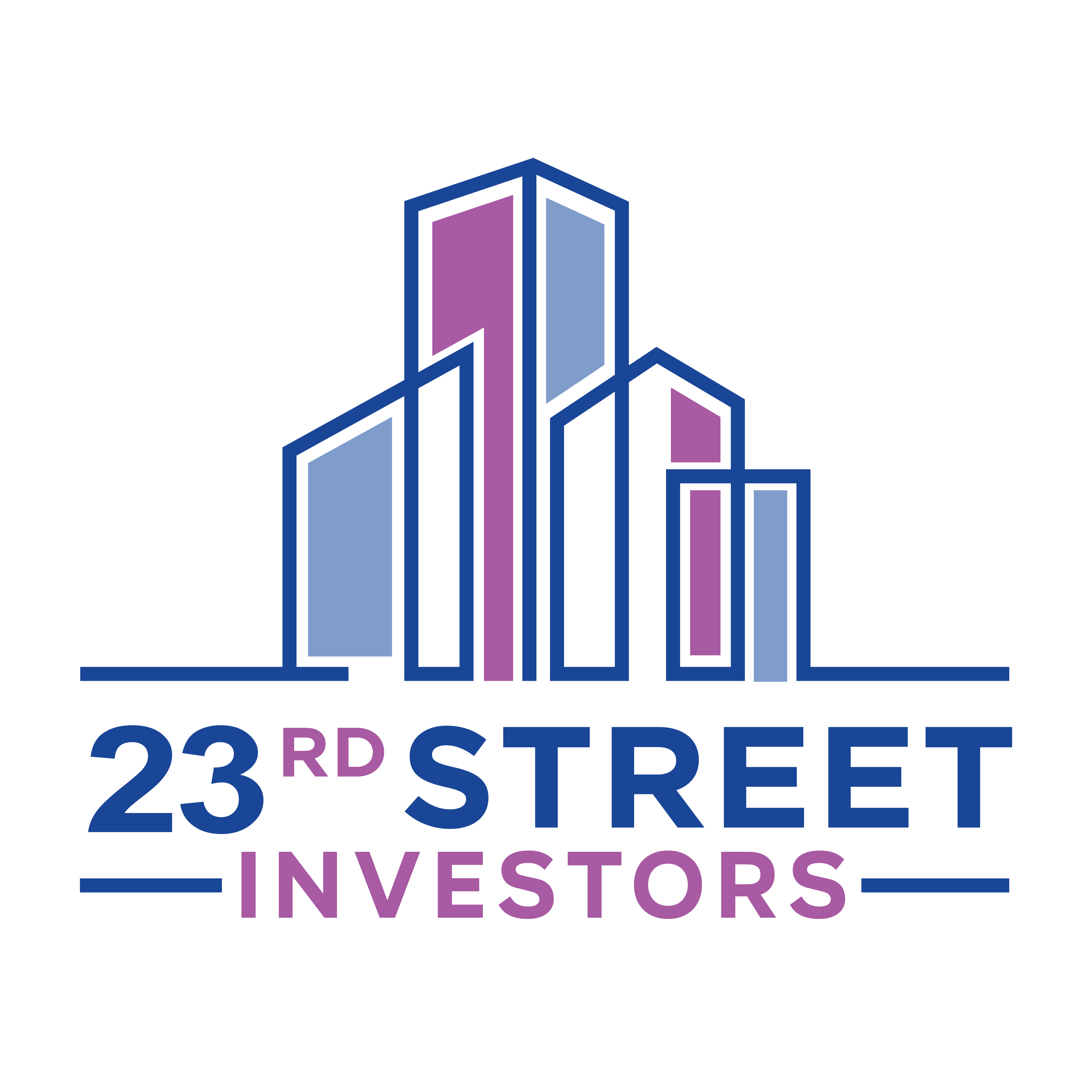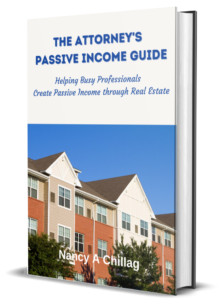As a passive investor, it can be difficult to understand what happens prior to a syndicator presenting an investment opportunity. The deal has been secured, the analysis performed, and the business plan created.
But how did that deal come to the operator in the first place? How does anyone find an apartment building or hotel for sale? These assets certainly aren’t advertised on typical real estate platforms for the everyday investor. This is a big reason why this type of real estate investing was not available for the retail investor for many years.
Operators or sponsors of real estate syndications can find potential deals in several ways. In this blog, we’ll dive into ## ways that may deliver a deal to an operator.
Deals Are Not All Created Equal
It is important to keep in mind that just because an operator or sponsor has found a commercial property for sale, it doesn’t necessarily mean that it is a good deal for every passive investor to participate in with the operator. Sellers may be asking for too much, or an operator may not consider important market dynamics in the asset underwriting.
Every passive investor should perform their own due diligence into the individual asset, or the track record of the operator team for multi-asset real estate funds.
Where Do Operators Find Commercial Real Estate Deals
Brokerage Firms
Real estate operators work directly with commercial real estate brokers who specialize in the specific asset class and market they are targeting, such as multifamily properties in the Raleigh-Durham market in North Carolina.
Brokers may also have relationships with other brokers in different markets, opening up even more deal flow streams to the operator.
Brokers can also help operators find off-market deals and provide valuable insights into local market conditions. This means that they not only deliver the specific deal and seller relationship, they also can help operators understand neighborhood-level market conditions. This can be an important “boots on the ground” team member for underwriting and asset management.
Personal network: They leverage their personal and professional networks to source potential deals. This can include connections with property owners, developers, and other industry professionals.
Direct Outreach To Owners
A real estate syndication operator can reach out to property owners and developers directly to inquire about potential deals. This may be easier if they already have a presence in a specific market, or have established positive relationships with other sellers, contractors, or brokers in the region.
This may be the most “shot in the dark” way to find deals. However, if an operator has significant experience and connections in a particular market, it may be worth the effort to find more deals in that area. They may be able to manage a value-add project with ease with existing contractor or property management relationships.
Owners may also want to see that they can close in the time frame proposed. This may require more experience or strategic partnerships from the operator.
Online Platforms
Many homeowners have spent plenty of time scrolling through Zillow. Many probably continue to look at their local market even after purchasing a home. Who doesn’t love a well-staged, beautiful home profile?
Similar platforms, albeit not always as beautifully staged, exist for commercial real estate. Operators can use online platforms that specialize in commercial real estate to find potential deals, such as loopnet.com.
These platforms often provide a marketplace for operators to view deals on the marketplace in any market across the country. However, these platforms also come with the reputation of being where deals go to die. More likely, an operator may hop on one of these platforms to do market research or just to see what else is being offered out there. They may instead look up a specific broker and inquire about other properties they may be representing.
In other words, these platforms may be more valuable for building broker relationships than finding actual deals.
Public Records
Just like those active real estate investors who comb through foreclosure sale notices or show up on the court house steps for a property auction, commercial properties for sale can also go through the public record.
They research public records to identify properties that may be distressed or in need of investment, such as tax liens, foreclosure filings, or properties that have been on the market for an extended period of time.
Public records may also show a recent change of ownership that could lead to a sale. When a property changes ownership, the transaction is recorded in public records. Investors can search these records to identify properties that have recently changed hands and may be available for purchase.
Additionally, zoning changes can create opportunities for investors. For example, if a property is rezoned for commercial use, it may become more valuable to an operator. Operators can search public records to identify zoning changes and evaluate their potential impact on property values.
What Happens After The Deal Is Found?
There are many stages of the process that happen in between finding a deal and closing on a property.
Operators must make offers on the property and secure financing options. They also perform extensive due diligent both with the property’s financial statements and on the physical site of the building. They may need to revise an offer based on their findings.
A business plan must also be created, including projections based on market conditions and pro forma financial statements. This whole process leads to creating the deal offering memorandum and working to follow all securities regulations for putting the deal together and offering it to passive investors.
But it all has to start with a good deal. Afterall, money is made during the purchase of a property. This means that if a deal costs too much from the start, investors are sure to see smaller profits.


